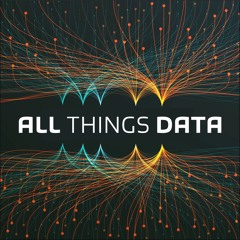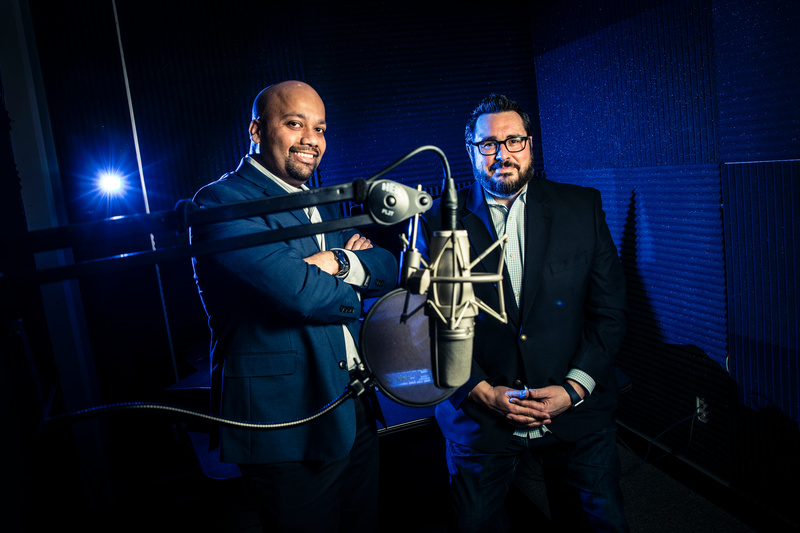
In the ever-evolving technology landscape, data analytics and data strategy continue to play a larger role in economics and business models. Director of the Center for Applied Artificial Intelligence at the University of St. Thomas, Dr. Manjeet Rege, co-hosts the "All Things Data" podcast with adjunct professor and Innovation Fellow Dan Yarmoluk. The podcast provides insight into the significance of data science as it relates to business models, business economics and delivery systems. Through informative conversation with leading data scientists, business model experts, technologists and futurists, Rege and Yarmoluk discuss how to utilize, harness, and deploy data science, data-driven strategies, and enable digital transformations.
Rege and Yarmoluk spoke with Jagannath Rao on the future of Mindsphere and the connection between the industrial industry and data intelligence. Rao is the Senior Vice President of Data Services Data Factory Divisions at Siemens. Rao has worked at Siemens for 32 years. In his role, he works to develop the IoT strategy for Siemens' IoT solution, Mindsphere, and the go-to market models for it in North America.
Here are some highlights from their conversation.
Q. What is mind sphere and how has it evolved?
A. Mindsphere has been designed to be an end to end solution. It is actually positioned as an open, cloud-based operative system. The manufacturing world has been generating data forever, however the richness of this data has never been harnessed. So Siemens took it upon itself to build a solution where we can connect shop floors and machines to data in the cloud environment. We decided early on that this industry has to gain from this harnessing of data, so we kept this as an open system. Mindsphere has been designed to a be a system that can do analytics on the shop floor as well as looking at the supply chain of the industry.
Q. How has Siemens combined the knowledge of manufacturing machinery with data intelligence?
A. Since the beginning, all of the machines that we have created have always had software embedded in them. So there has always been a DNA of software in the company. Ten to fifteen years ago we realized that the industrial world was headed towards software design systems. That's when we started transitioning into becoming a larger software provider. That led to the first major acquisition of UGS. We have now built up a software business. We want to be one of the leaders in this whole digital revolution.
Q. How can people use and absorb all of this new technology that is emerging rapidly?
A. We have come up with teams called Digital Enterprise Solution Teams. These teams help customers, especially small and medium sized customers, to understand that digital options exist for them today, and what options they have for digitizing their businesses in the future. These teams have education programs to help bring customers to a point in their journey where they can understand the value of data intelligence. This has to be a hand-holding process, so that the customer can digest what is going on as they embark on a journey of digital transformation.
Listen to their full conversation here:







